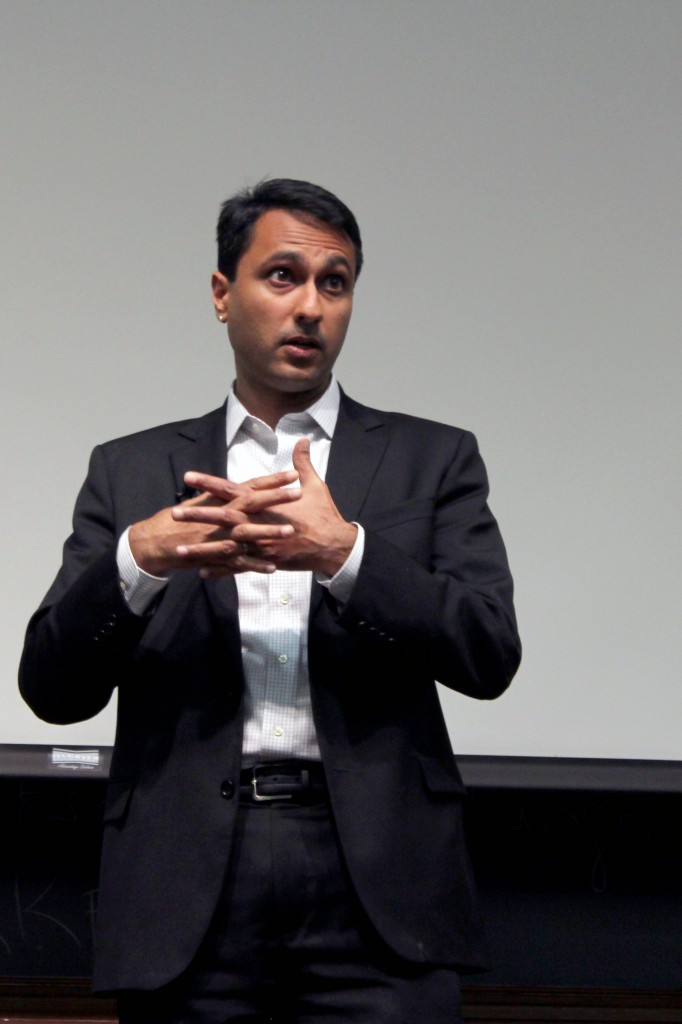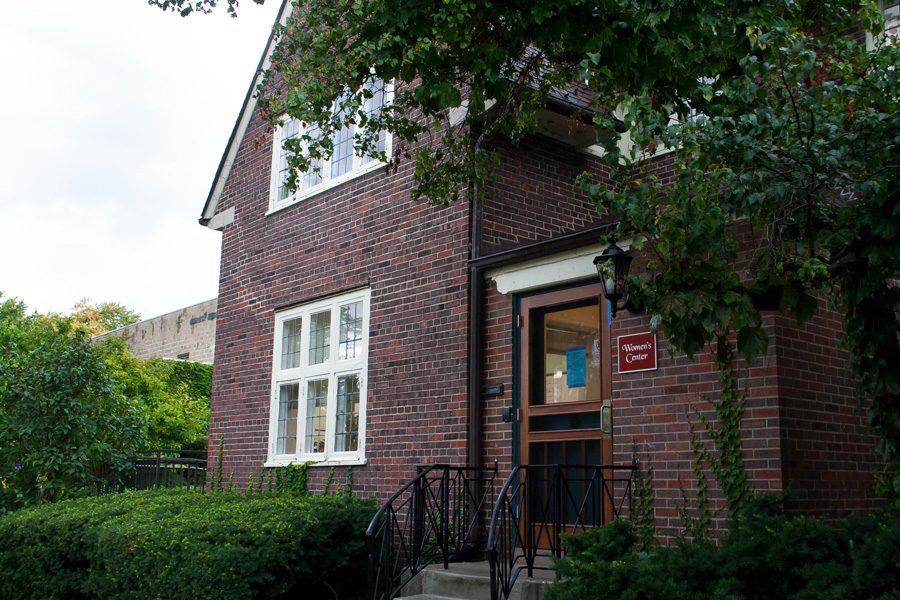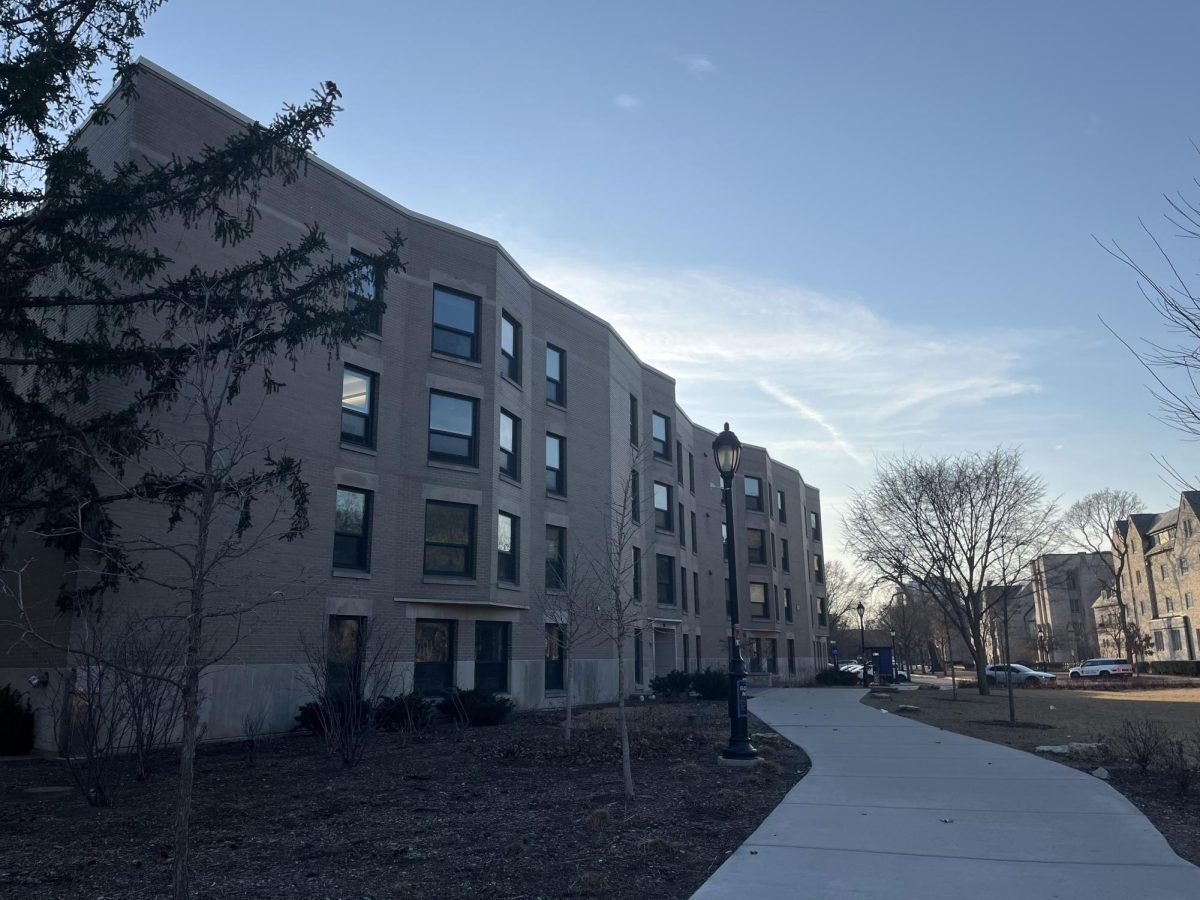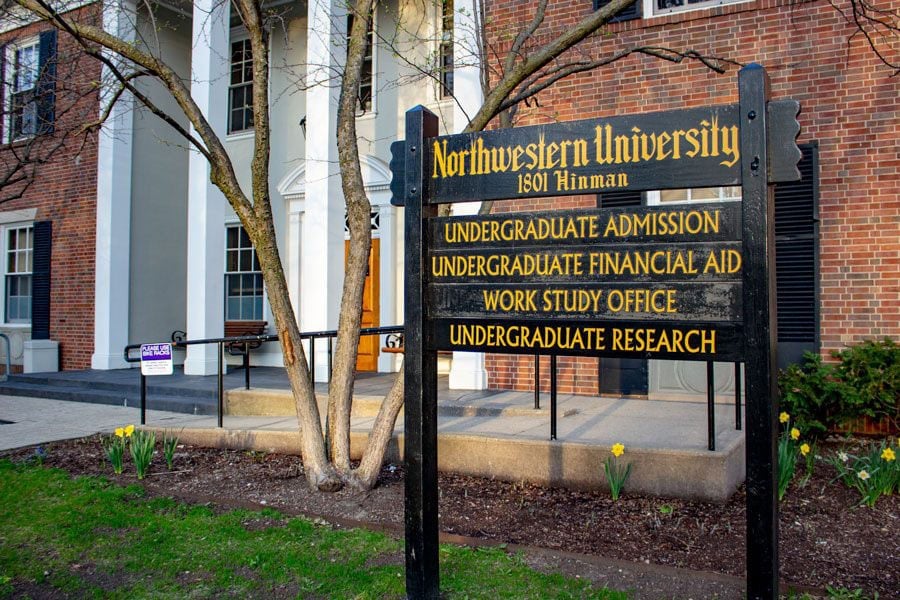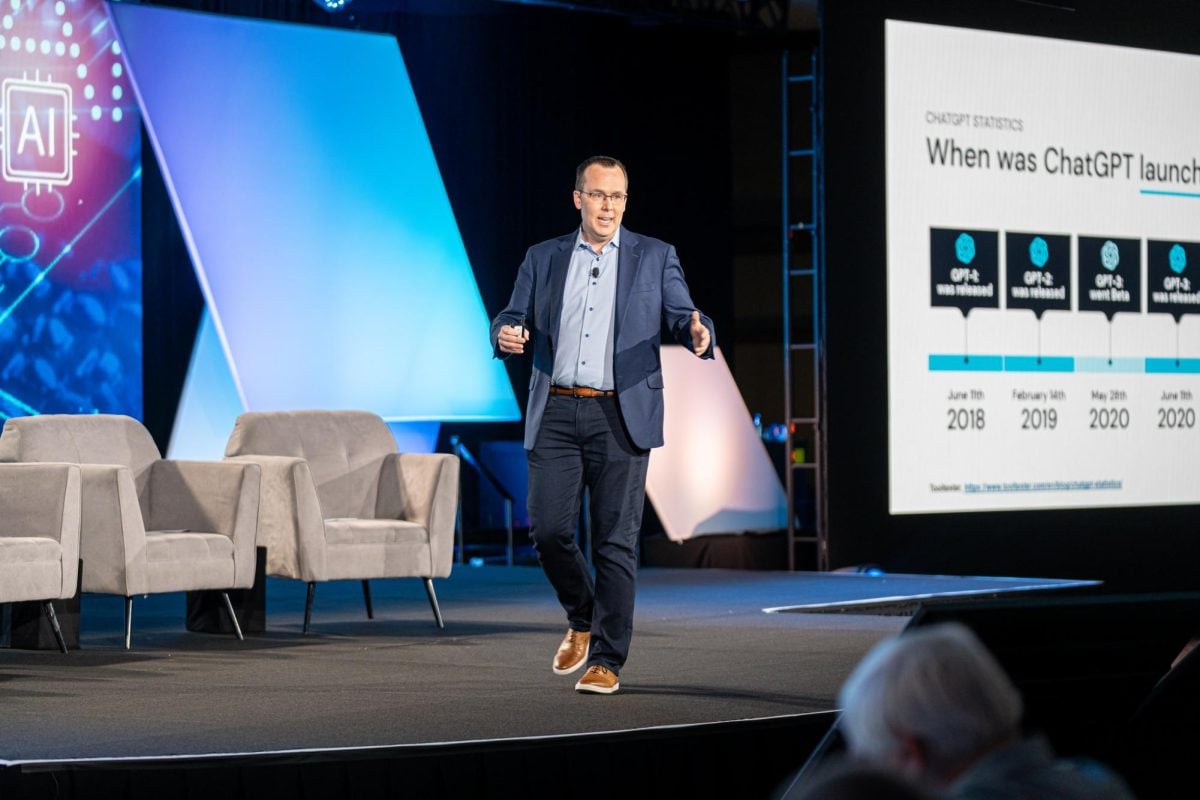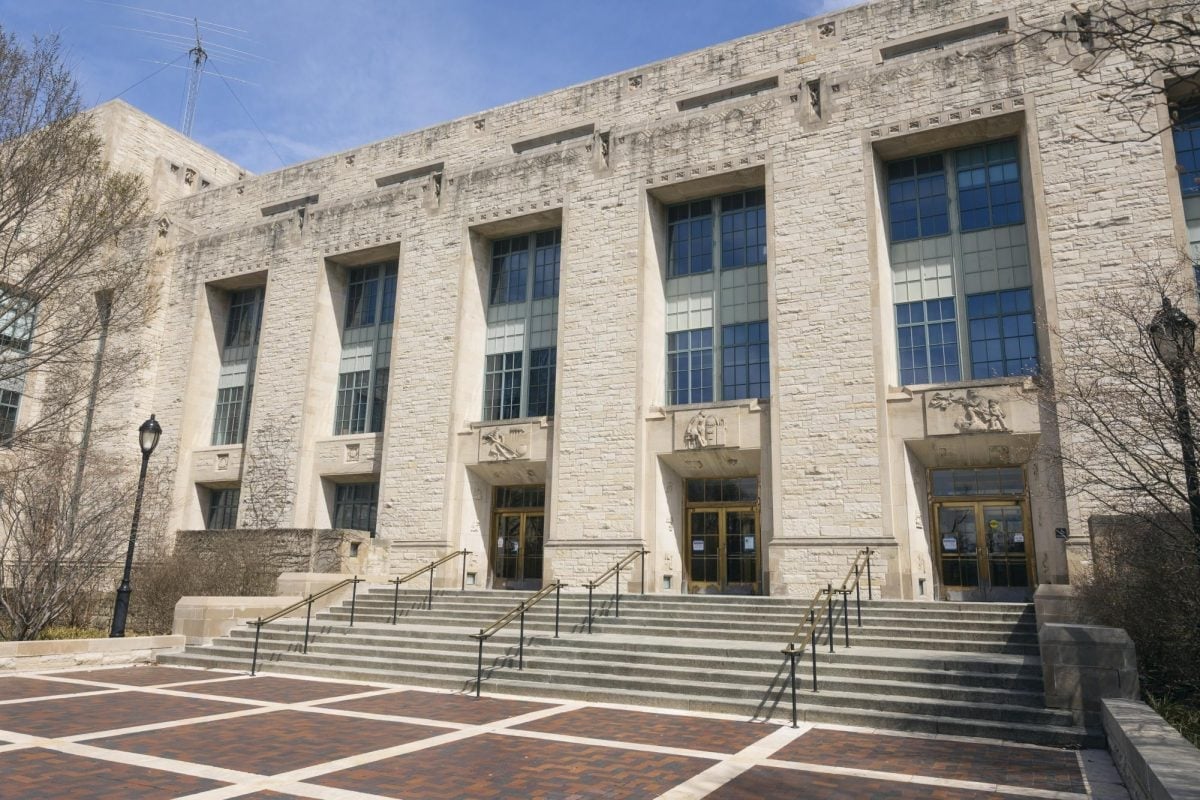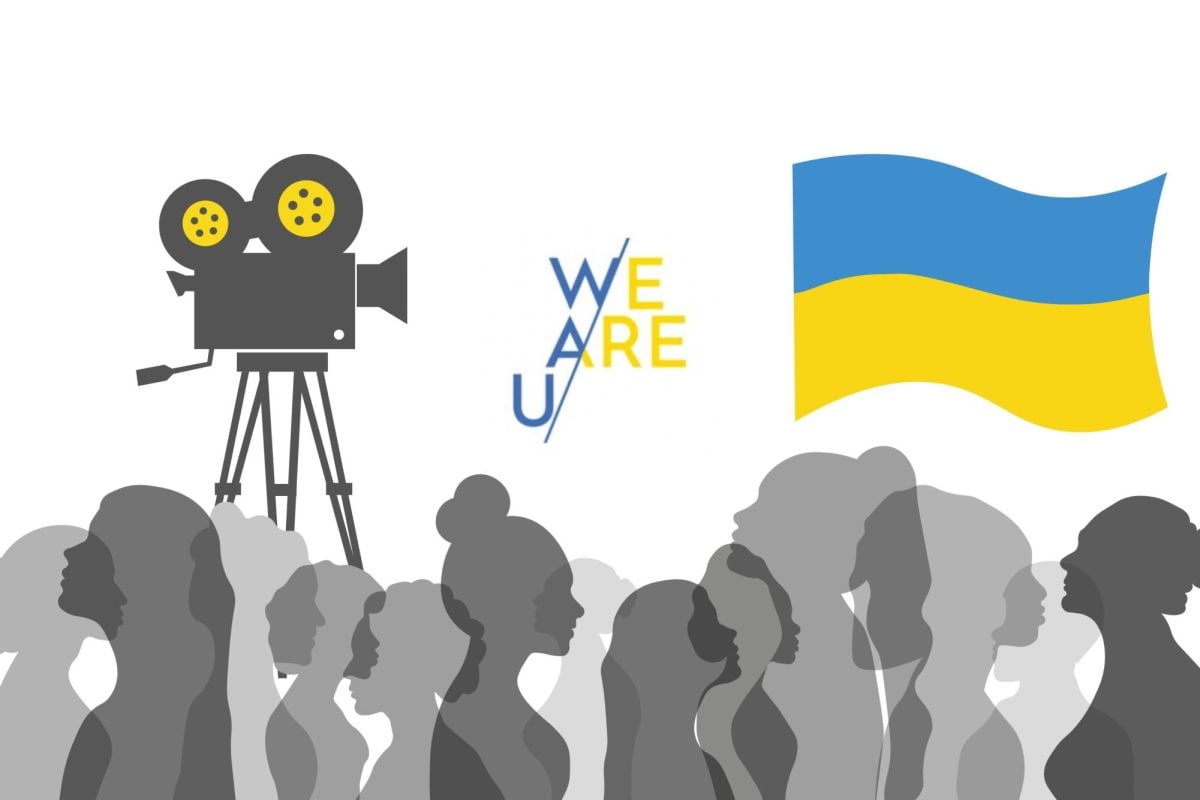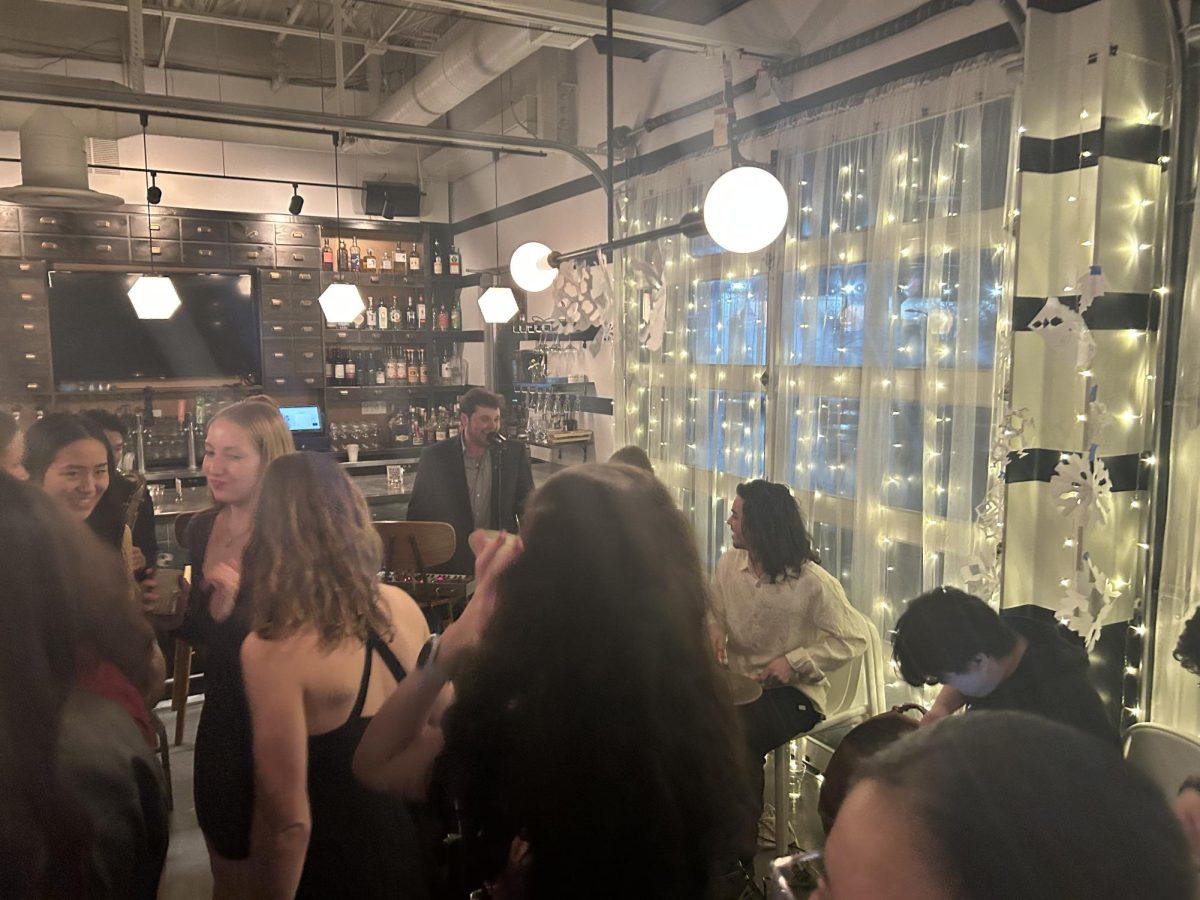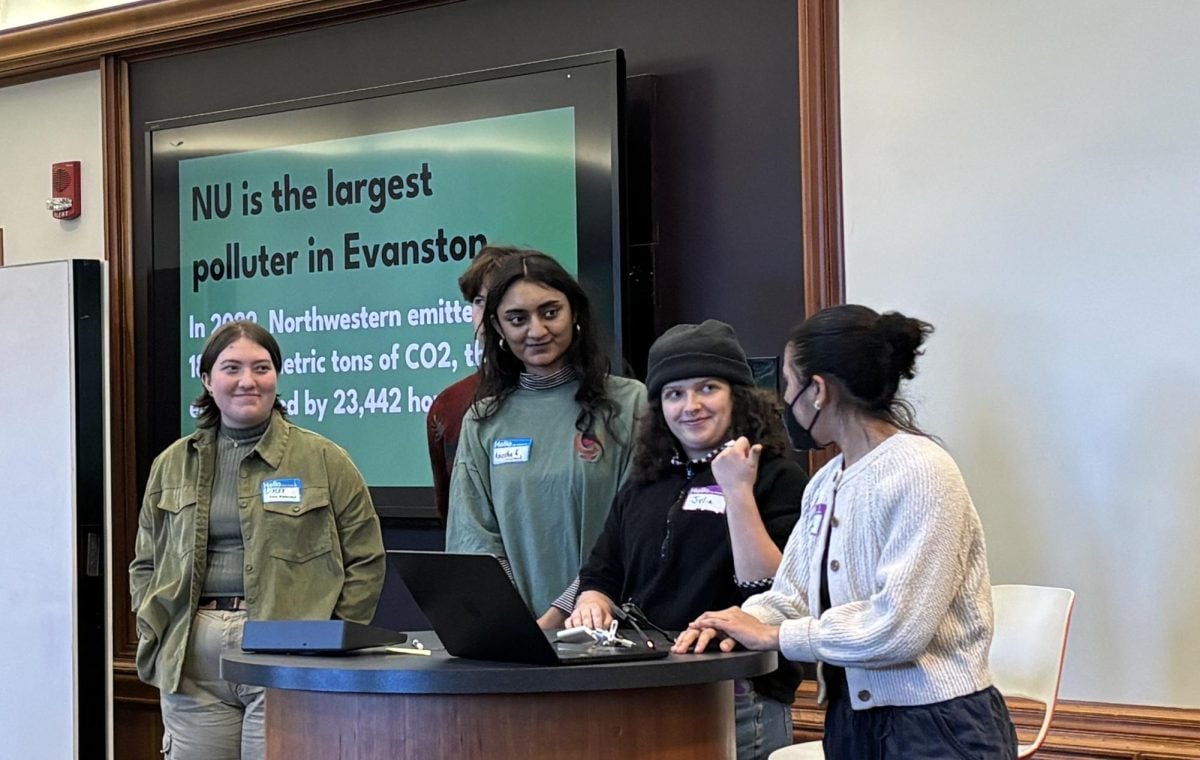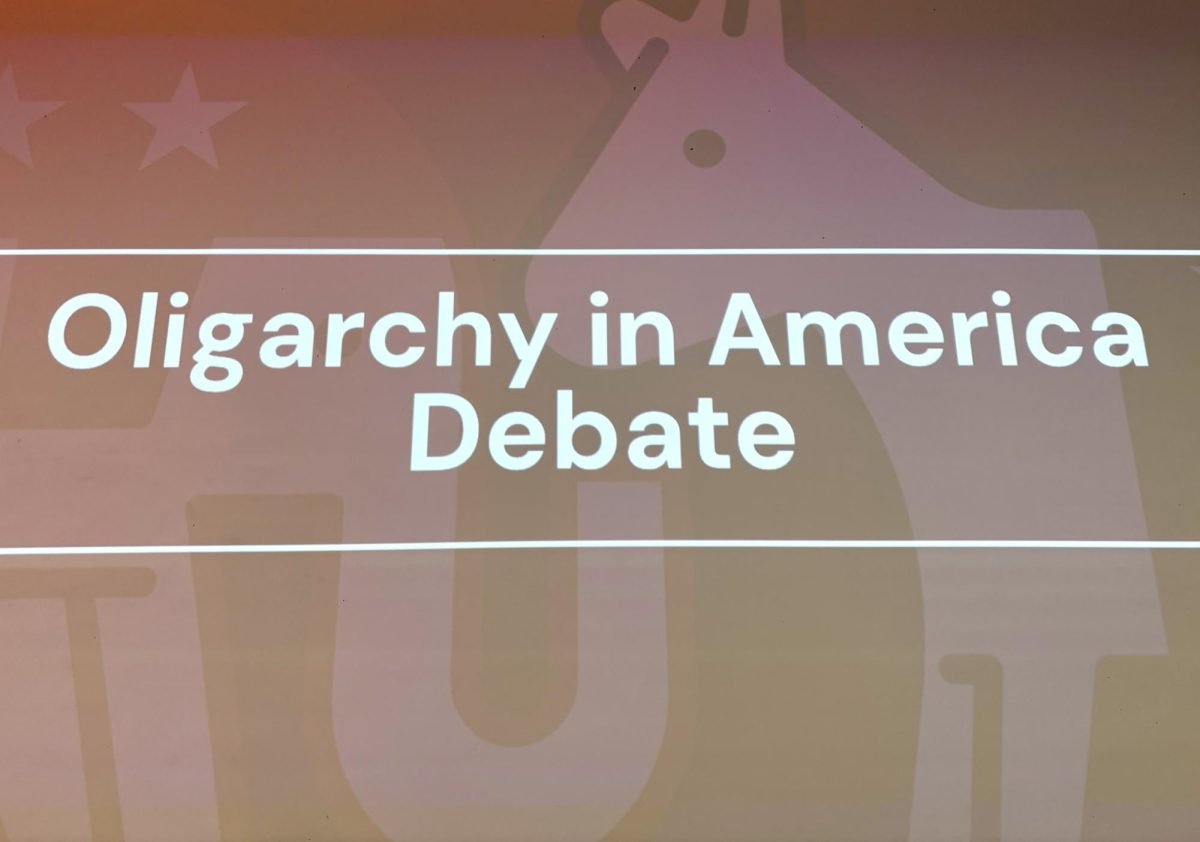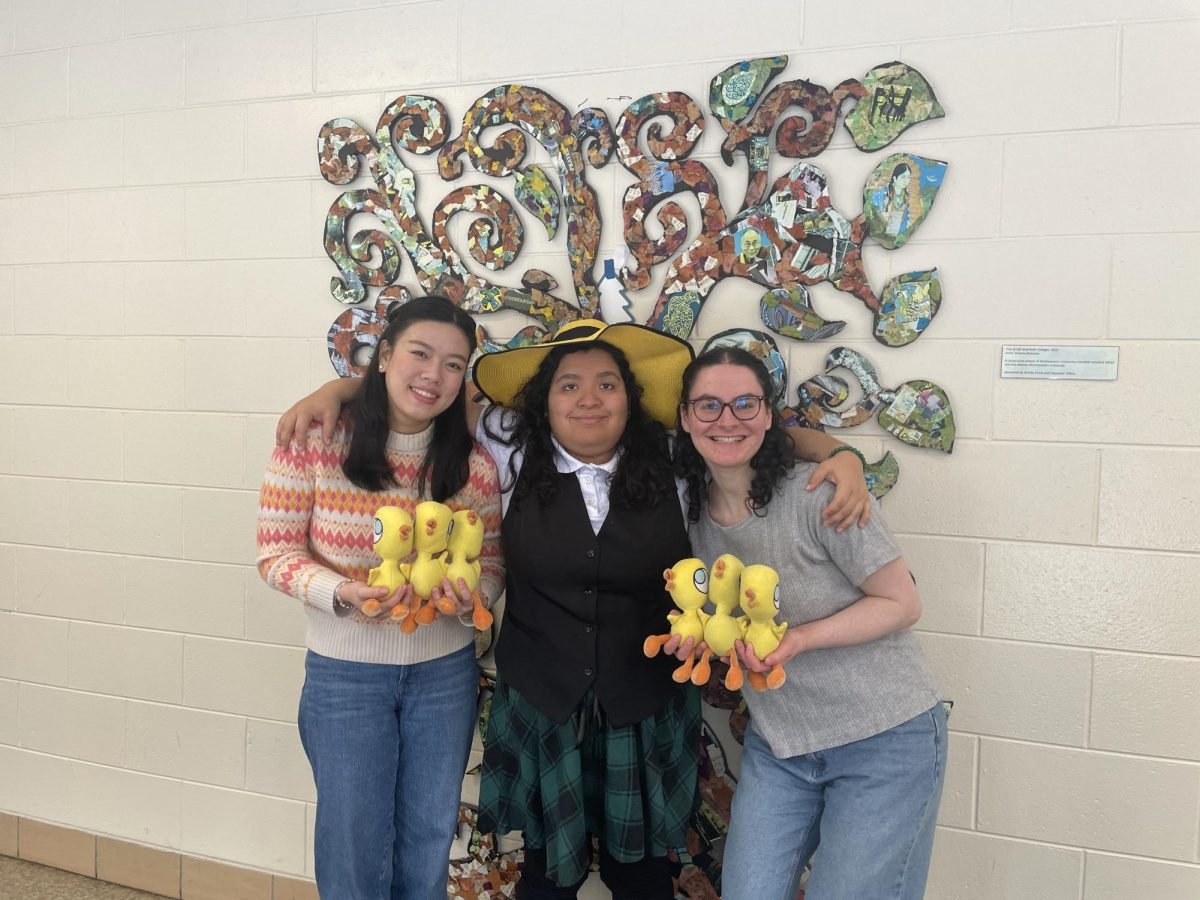Eboo Patel, a member of the president’s inaugural Advisory Council on Faith-based and Neighborhood Partnerships, made his second appearance at Northwestern in less than six months Tuesday evening.
Patel, founder and president of the national organization Interfaith Youth Core, spoke to about 50 people in Harris Hall. The Roberta Buffett Center orchestrated the visit.
Patel made two key claims during his talk: that institutions are created by individuals who want to implement solutions, and that conversations about cooperation are more important than those about divisive issues.
In his speech at NU last May, Patel focused on facilitating collaborations among diverse faith groups.
Patel said that as an undergraduate student at the University of Illinois at Urbana-Champaign, he was inspired by an article about Muhammad Yunus, a Bangladeshi banker and economist who founded Grameen Bank and won the Nobel Peace Prize. He said he was fascinated by how Yunus, against a tide of doubt, built a micro-lending institution to solve a problem.
“Everything beautiful started with somebody at some point just flying with an idea,” Patel said, paraphrasing Jim Collins.
In the article, Patel also first encountered the term “social entrepreneur,” which he defines as the first person to build models, such as formal education, to solve social issues. He encouraged members of the audience to take their potential as social entrepreneurs more seriously.
“There’s no place that takes an idea to reality as fast as a college campus,” he said.
He then shifted to discussing dialogues between different cultural groups, emphasizing the need to focus on cooperating to move forward instead of being stymied by differences.
“Hate crimes (are) very much related with misunderstanding of religion and culture,” said Rita Koryan, associate director of the Buffett Center. “Eboo’s presence is a sure indication that this should change, and he’s trying to do his best in order to get beyond and above those stereotypes and create new ways of dialogue between people.”
Patel also expressed his strong belief in America as the first entity to allow diversity under democracy, quoting a response letter George Washington wrote to a leader of a Hebrew congregation concerned about religious persecution.
“I’ve always been interested in Interfaith and pluralism in general, but it’s kind of been dormant,” Communication freshman Devon Carlson said. “This is a great opportunity for me to remember what’s important to me. And I really liked the emphasis he made on the things we can all agree upon instead of focusing on divisive issues.”

